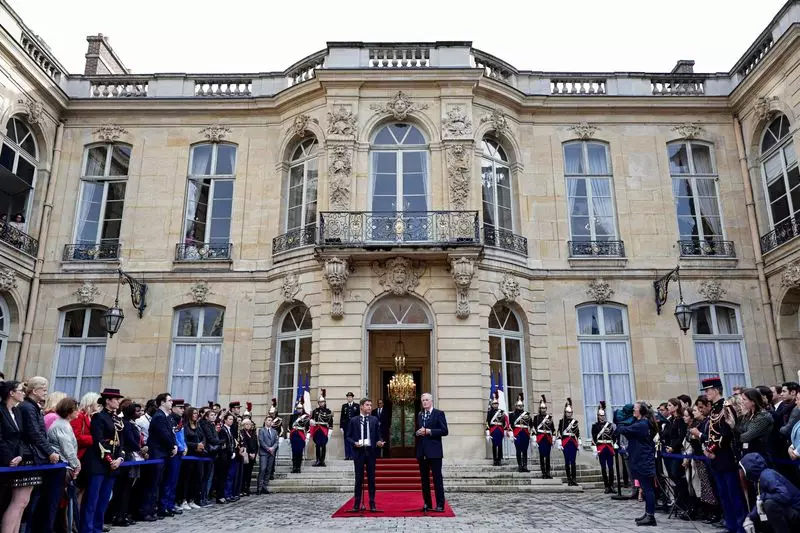France is facing a growing financial crisis, with the possibility of its budget deficit increasing unexpectedly if additional savings are not identified. This troubling development has prompted the French Finance Ministry to seek an extension from the European Commission for submitting a plan to reduce the public deficit. The situation has put the French economy, the second-largest in the eurozone, at risk and has led to the initiation of disciplinary proceedings by the European Union.
The deteriorating financial conditions in France have also aggravated the political crisis in the country. The incoming Prime Minister, Michel Barnier, is grappling with the daunting task of forming a new government and preparing a budget amidst this fiscal turmoil. The threat of a parliamentary vote of no-confidence further complicates the already challenging situation. It remains uncertain how the government will navigate the tough choices between spending cuts and tax hikes to address the financial shortfall.
Michel Barnier, a 73-year-old conservative and former Brexit negotiator for the European Union, was appointed as the new Prime Minister by President Macron. His nomination followed a lengthy search process after Macron’s decision to call a legislative election, which resulted in a hung parliament. Barnier has acknowledged the severity of the financial crisis and emphasized the need to restore order to France’s finances. However, he also cautioned against expecting immediate solutions to the challenges at hand.
Uncertain Political Landscape
The political landscape in France remains uncertain, with the leftist New Popular Front (NFP) alliance and the far-right National Rally (RN) holding a majority in parliament. The possibility of a collaboration between these two factions could lead to a vote of no-confidence against Prime Minister Barnier. The RN, in particular, has emerged as a significant player in determining the fate of the new government, setting conditions for its support and asserting its influence over key policy decisions.
Public Concerns
Amidst the political and financial turmoil, the concerns of the French public loom large. The 11 million people who supported the RN in the recent elections expect the government to consider their interests and prioritize their well-being. The specter of further economic hardships and social discontent is a critical factor that could influence the government’s decisions and its ability to maintain stability in the country.
France’s request for an extension to submit a plan to reduce its public deficit underscores the severity of the financial crisis gripping the nation. The political uncertainty, coupled with economic challenges, has created a volatile environment that demands careful navigation and decisive actions from the government. The coming weeks will be crucial in determining the fate of the new government and its ability to address the pressing issues facing France’s economy and society.

